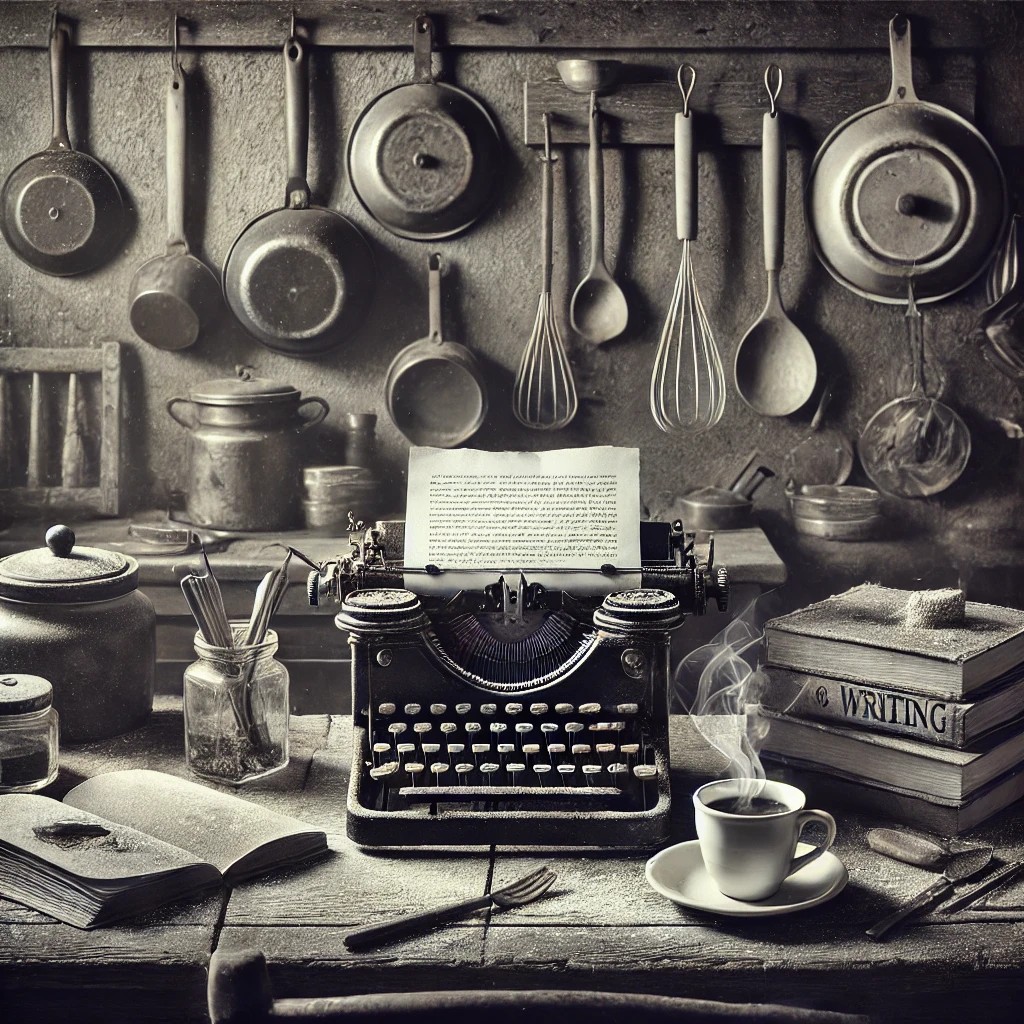
I've read that there's a science to the madness of writing prose in English, and that there's a set of rules you're supposed to follow if you don't want your writing to sound like that of a fledgling. Not all the experts agree on what the secret sauce is, and they don't all give the same advice—of which there’s plenty—but there's one thing they all mention sooner or later. I'm talking about "Show, don't tell." Sound familiar?
It’s not exactly clear who coined it, though many give credit to Chekhov, who was a master at it. "Show, don't tell" is basically the condensed version of a line from him (fun fact: I ran it through a writing tool and it didn't find it perfect... How rude, hoho). Anyway, this is what Chekhov said:
"Don’t tell me the moon is shining; show me the glint of light on broken glass."
But how do we do that? Is it really the key ingredient in this desired sauce? I was curious enough to look into this modern motto that no writing guru who prides himself on being one overlooks these days. But, as you know, opinions are like noses—everyone has one. So to make things even more complicated for us poor mortals, everyone has their own take on it. Am I saying that there are real opponents? Not exactly, but let's just say that some of them seem to know what they’re talking about, and others have just jumped on the bandwagon.
Like everything in life, there's a first time for everything, and writing is no different. But good news: you don’t always have to show. That would be exhausting. Sometimes, a few well-placed "tells" do the job just fine. I guess balance is key just like in everything else. However, I wonder how this post would've survived without "telling".
Interesting. I suspect there are different writers and composers. Some need to revise a lot and focus on structure. Others write more spontaneity. There is so much variance among humans!
Are you talking about pantsers and plotters? Perfect grammar is supposed to make your writing flow butI like it when writers break the rules.